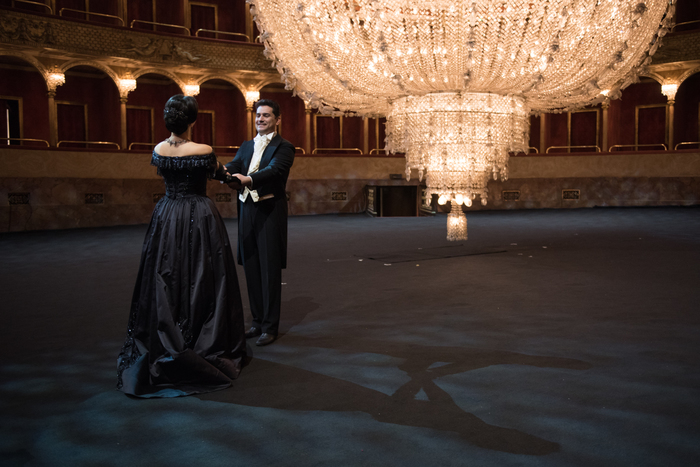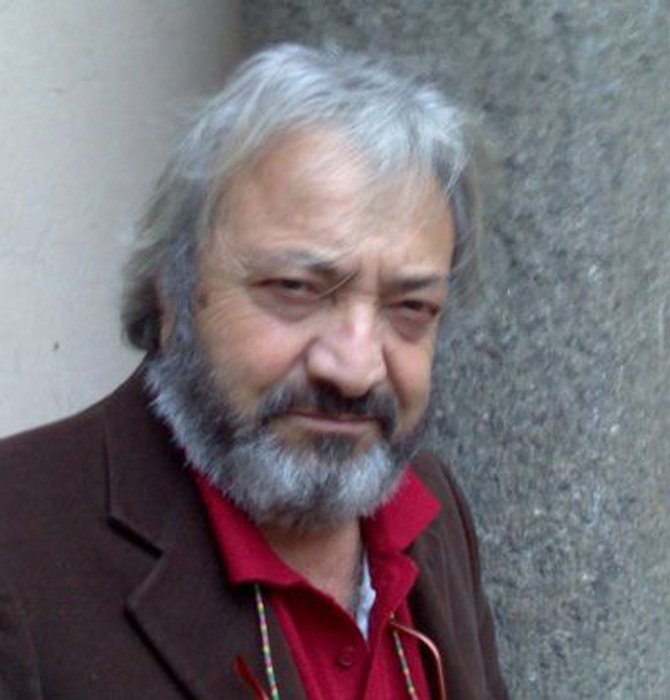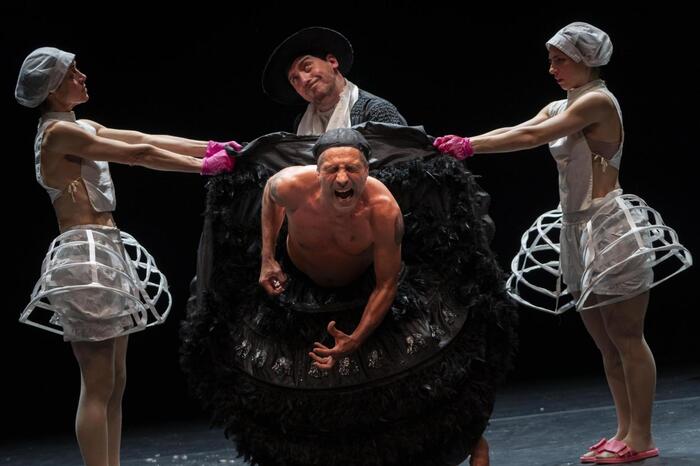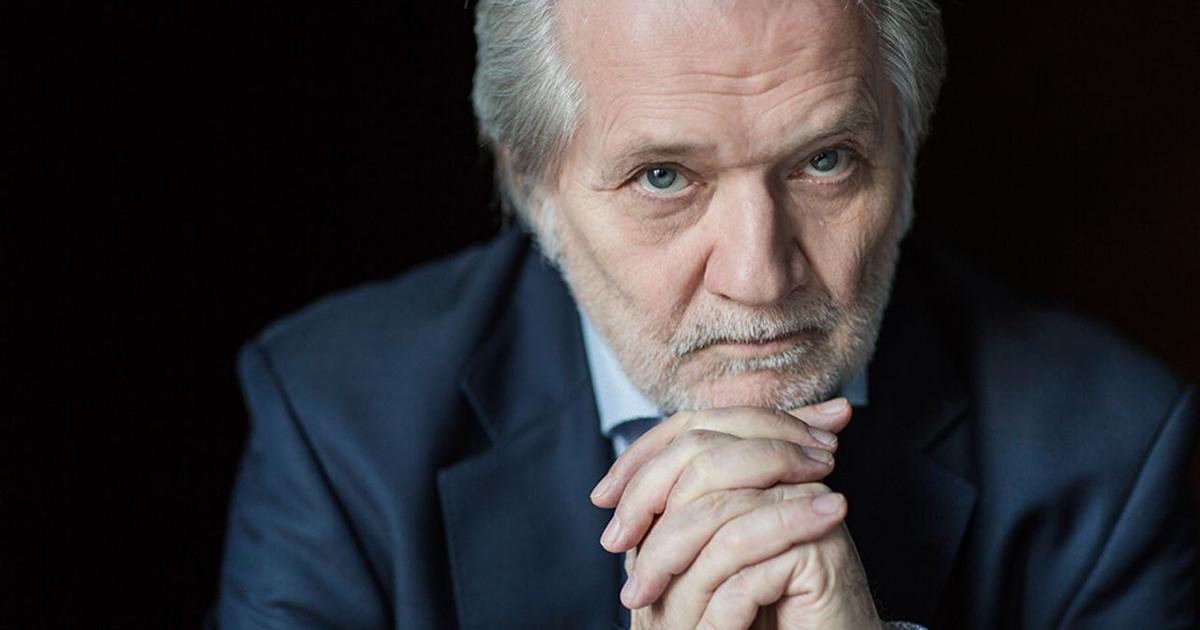A 'Traviata' by Giuseppe Verdi, an opera '' that was born in an empty theater, as dramatically all theaters are today due to the pandemic, not made and then filmed, but already built thinking about the filming to make a real film, so much so as to have abolished the division into three acts of the original, which we also faithfully follow '', explains director Mario Martone, called by Carlo Fuortes, superintendent of the Rome Opera, to this second undertaking that Rai3 has scheduled on Friday 9 April in prime time, after the success in December of a similar film 'Barber of Seville'.
After all, this love story was built by the librettist Piave, on the drama and the novel 'The lady of the camellias' by Dumas son, with the intention of making it a great show, focusing on two central scenes, '' the two great parties , two Dionysian moments, of social wildness which, alternating with the intimate dimension of the protagonists, emphasizes Verdi's harsh denunciation of a hypocritical and patriarchal society, as also happens in 'Rigoletto' ''.
Scenes of party and dance (choreography by Michela Lucenti), therefore, essential, in their way enthralling, but which even more highlight how everything is happening in an empty theater, with only a few scenic objects, including the huge central chandelier of the lowered theater below as the only visual element to give the idea of the party.
'' The feeling of emptiness was my specific desire to make the spectators participate in the pain of this moment of particular difficulty for the world of entertainment, which must not, however, make the imagination die, involving the viewer, even the distant one, television '', explains Martone, adding that '' everything was set up following the anti-Covid cine-theatrical protocols, performing multiple swabs and devising the action to maintain certain distances, even among the choristers ''.
The nineteenth-century bourgeois story of this love '' is made dramatic, as well as by Violetta's illness, by each being a prisoner of his or her own social, moral and honor role that is more rigid than the strength of feelings, creating a contrast in which the young Alfredo from a good family is compressed to the point of becoming violent, while she is a prisoner of his horizon, which only allows her to be a courtesan, a kept one ''.
The two protagonists are played by Lisette Oropesa (Violetta Valéry) and Saimir Pirgu (Alfredo Germont), while Giorgio Germont will be played by Roberto Frontali;
Flora by Anastasia Boldyreva and Baron Douphol by Roberto Accurso, alongside whom there will also be various singers from the Fabbrica Young Artist Program of the Opera di Roma.
The costumes, which refer to the time, are a creation of Anna Biagiotti.
The choir, the corps de ballet are those of the Opera di Roma like the orchestra directed by Daniele Gatti, '' who for his part meticulously takes care of the sound editing of the music, next to me I build the cinematographic one to give the right rhythm to the opera - the director always specifies - which is a theater in exponential form, adding to the movements and words the notes of the score, which multiplies the difficulties, but also the possibilities, since everything was done directly live and not, as is often done in these cases, by adding the recorded music to the mix.
We got a result that I was surprised by myself, in which you feel that burning dimension due to the very tight deadlines, to having shot everything in just five days in which the orchestra played for five hours a day ''.
Martone, born theater director with the fascination of cinema, then film director with theatrical roots, concludes by inviting the public not to be afraid of opera, '' to let themselves go to what they see and hear, helped among other things to measure themselves with the particular language, from the time of the libretto, from the subtitles, and from the uninterrupted, fluid flow of the story to the end ''.








